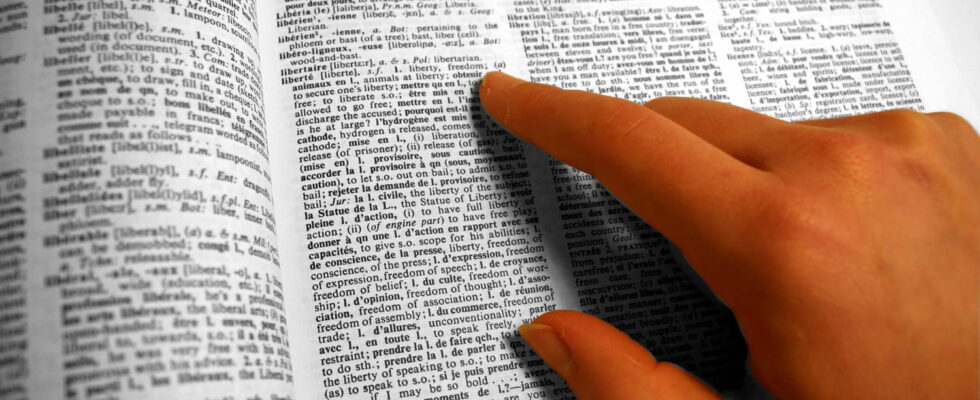This term, which we use today to describe an emotion, did not have the same meaning at a certain time…
Some everyday words are used so much that their definition is obvious to each of us. And we would be far from suspecting that they originally had a completely different meaning. Indeed, certain words have changed their meaning over the years without us realizing it.
This is what the authors Jean Pruvost and Alice Develey explain in their work “The words that have totally changed their meaning” (Le Figaro Éditions). Among the terms that are affected, there is one that you probably use regularly to describe an emotion or the state of a person. It’s about the word “edgy.” Today, its current meaning of course designates a state of anger, tension or annoyance. In other words, a strong and vivid emotion. In the Larousse dictionary, its definition is as follows: “irritate someone’s nerves, provoke their nervousness”. Nervousness meaning “state of temporary nervous excitement”still according to Larousse.
But before, the word “edgy” had a completely different meaning. Indeed, according to the authors cited above, in Le Petit Larousse of 1906, the etymological meaning of the term “enervé” is “to be soft, without nerves” literally. This refers to a torture formerly used, which consisted of burning the tendons of the hamstrings and knees. In French literature, several great writers used it for this meaning. For example, in Voltaire’s tragedy “Mérope”, the character Narbas implored God to “restore strength to his angry arms”, indicate Jean Pruvost and Alice Develey.
